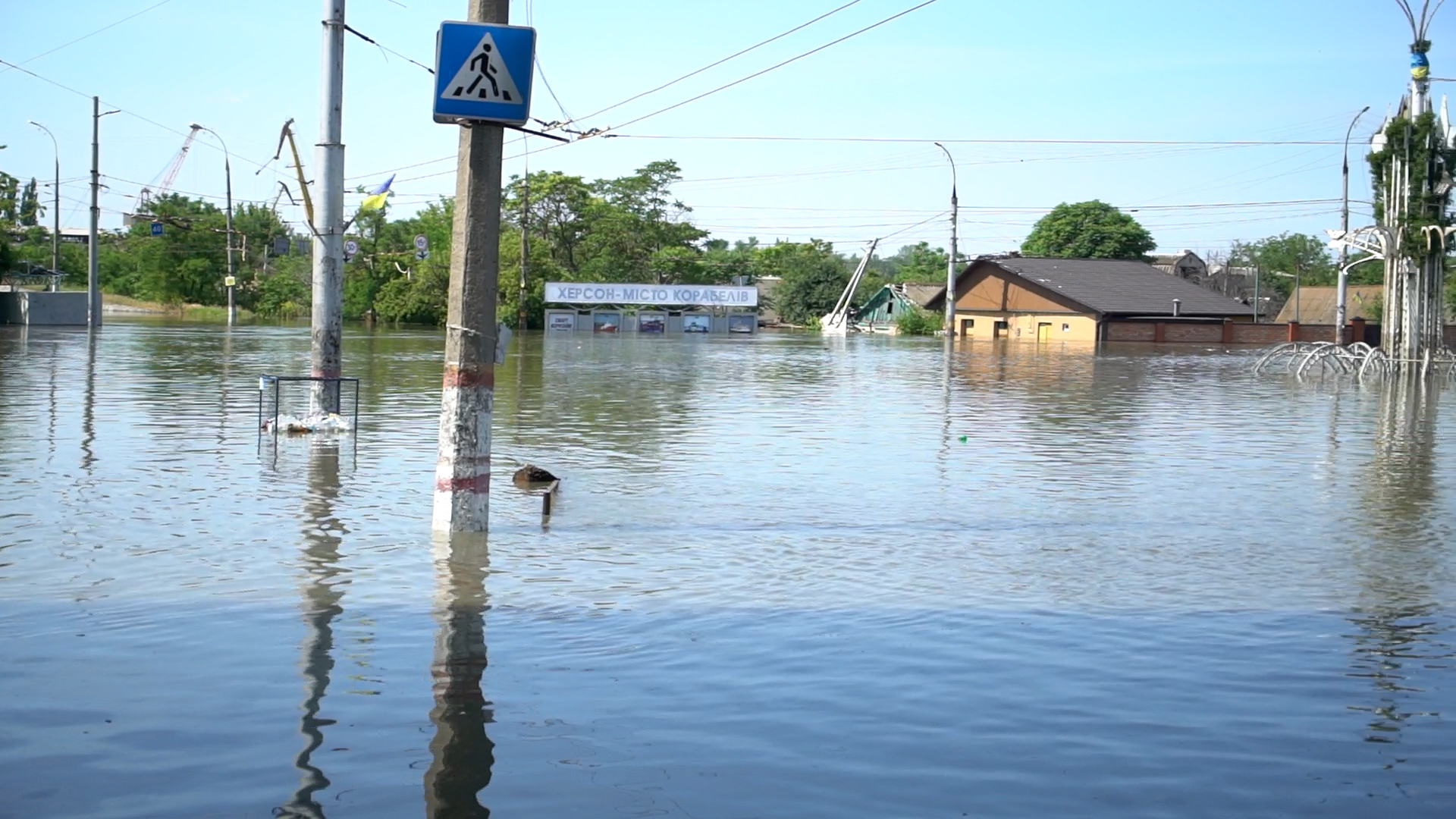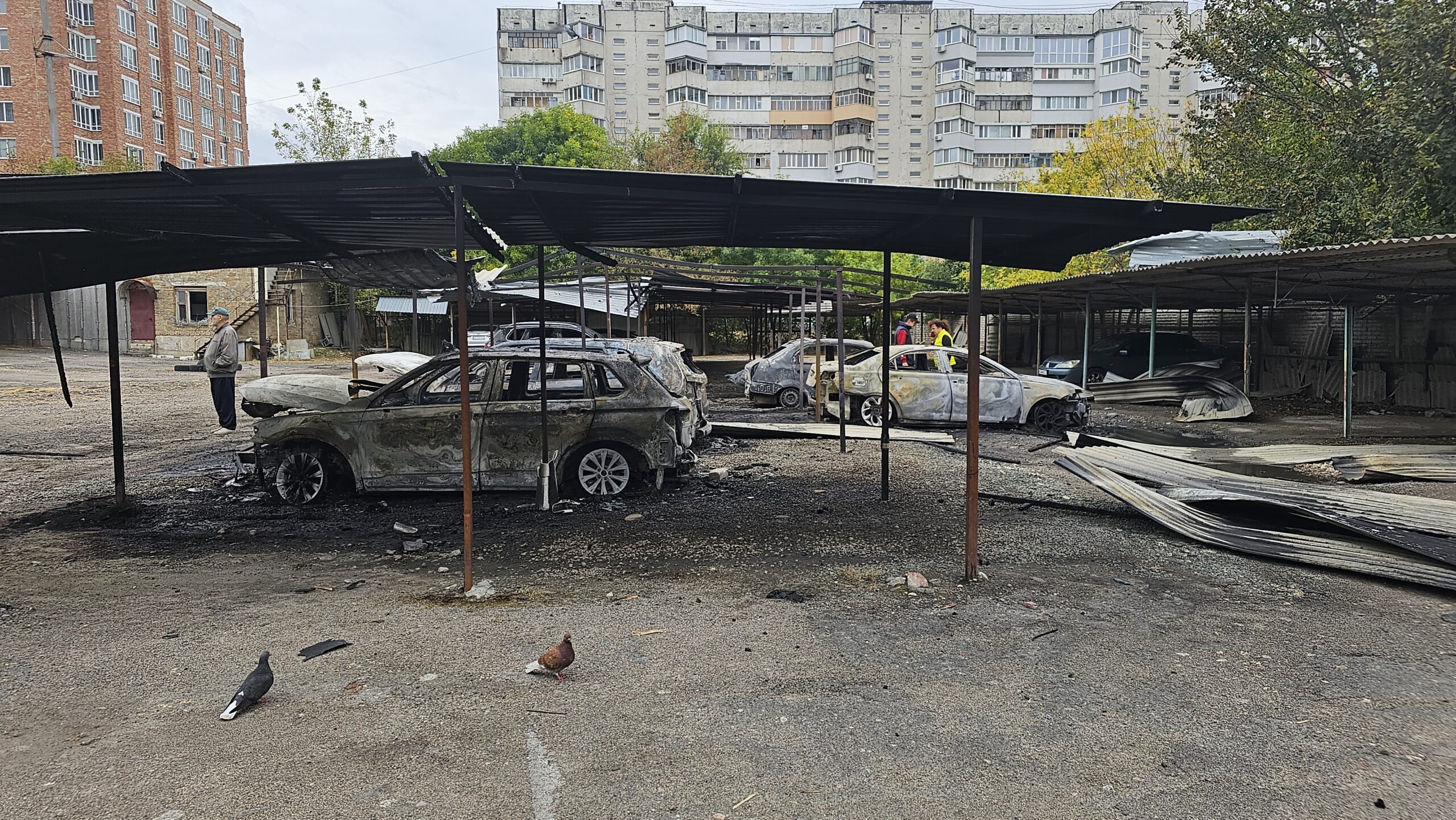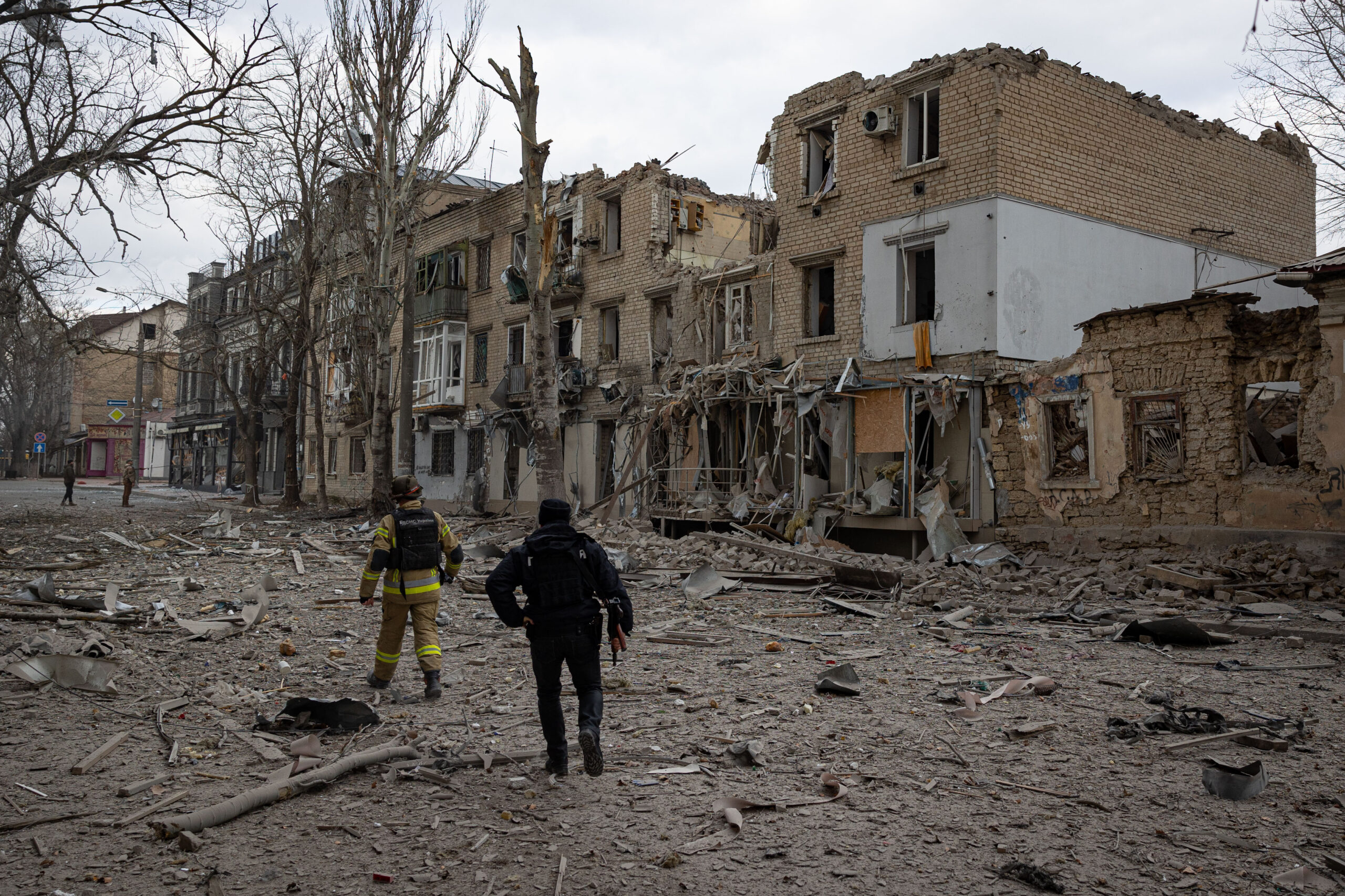Within hours, the ‘great flood’ filled six hundred square kilometers of the Kherson region. This affected 8000 hectares of fields, 55 000 hectares of forests, 96 000 hectares of reserve lands, and 68 settlements on both banks of the region. Such was the morning of June 6, 2023, for Kherson.
On that day, russia committed a deliberate crime of ecocide by detonating the dam of the Kakhovka Hydroelectric Power Station.
Europe had not witnessed such a dreadful environmental catastrophe in decades. With this act, russia proved itself to be the most dangerous terrorist in the world.
The most terrifying aspect is that in the communities currently under control of russia, people have been abandoned. The occupiers responsible for this act of terror did not rush to rescue the local population but left them to stand for themselves in their time of need.
But thanks to the heroism of our volunteers, military personnel, and law enforcement officers, 147 people, including nine children, were rescued from the water trap on the left bank.
Unfortunately, this russian act of terror resulted in the deaths of 32 people, and injured 28 others. The state of 39 individuals remains unknown.
People from across the country rushed to help Kherson and its residents! Over 1700 police officers, rescuers, utility workers, volunteers, and experts from other regions worked tirelessly every day to mitigate the impact of the terrorist attack on the hydroelectric power station.
Nearly 21 000 tons of damaged goods, building materials, sludge, and other debris caused by the ‘great flood’ were cleared and removed from the affected settlements.
The year 2024 is crucial for international law, human rights, and climate justice. We are currently awaiting decisions from three International Judges.
Therefore, documenting the ecocide is a priority task for the Kherson Regional State Administration. Commissions are actively recording all the damages inflicted at the site.
We also maintain constant contact with the working group established by the Ministry of Ecology, which includes leading Ukrainian experts and scientists in forestry, biodiversity conservation, water management, soil science, and chemical safety.
Together, they are developing mechanisms to address the aftermath of this catastrophe and provide support for our region.
Information provided by the Kherson Regional Military Administration



